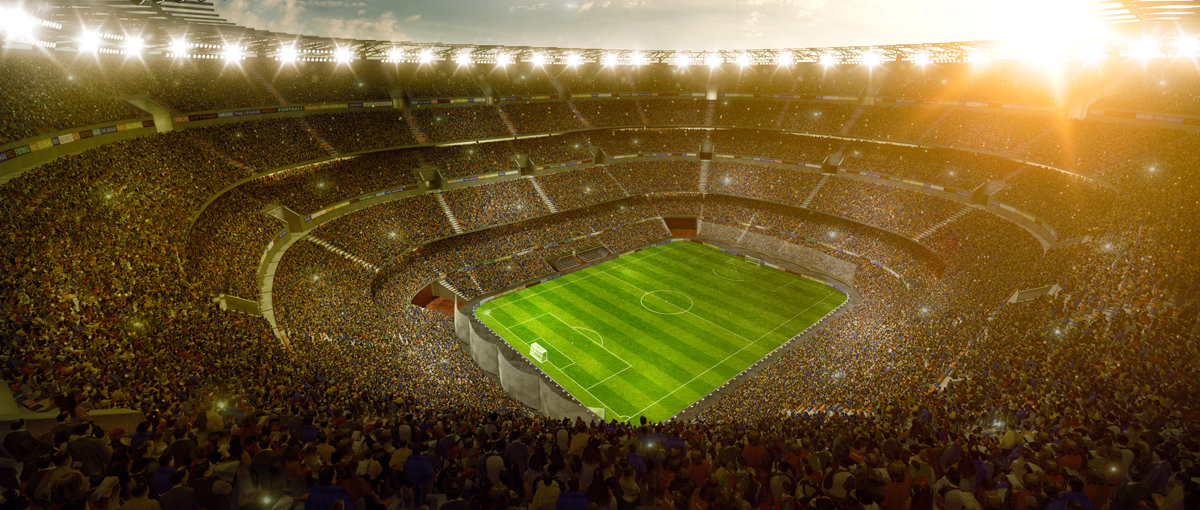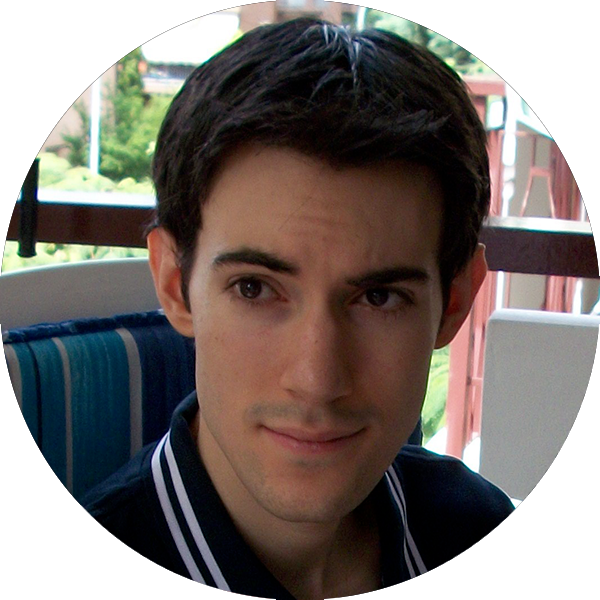sport
Sport as an inspiring model and a seat of values
| Author: Luca Filidei - Master in Design, Construction and Management of Sports Infrastructure Alumnus

“I am the master of my destiny. The captain of my soul”, as Nelson Mandela said, quoting “Invictus”, a wonderful poem composed by the Englishman, William Ernest Henley. During Madiba’s 27 years of imprisonment, this almost became a mantra, which enabled the South African activist to resist abuse, representing that indomitable soul capable of inspiring millions of people around the world. It is a phrase also taken up by Clint Eastwood in the homonymous feature film, Invictus (2009) [Italian title: Invictus – L’invincibile], in which the story of Mandela is intertwined with that of François Pienaar, captain of the South African national rugby team which won the World Championship in 1995.
Because sport, at every level, has always been a reason for union capable of smoothing out conflicts, overcoming hatred and flags and uniting 43 million people to push their team to beat the “invincible” All Blacks. This is a pattern that has also been repeated on the occasion of Euro 2020, for us Italians a source of great pride thanks to the victory of the national team coached by Roberto Mancini, which represents yet another confirmation of the power of sport, capable of uniting different countries through the first touring European competition.
The 51 scheduled meetings were organised in 11 cities, thus promoting a spirit of sharing which, almost magically, connected Rome with Baku, London with Bucharest, St. Petersburg with Amsterdam. It was an opportunity, also a particularly critical one given the health situation, but which constituted an added value in terms of communication, exporting (also) architectural, engineering and management expertise thanks to the acknowledged visibility of an event with such a following.
In this sense, iconic sports infrastructures such as Hampden Park (Glasgow, 1903) shared the stage with the latest generation of stadiums, establishing a partnership between commemoration and innovation, the latter highlighted by Euro 2020 due to the top-level facilities. By now fundamental issues such as sustainability, considered in the tout court sense, have for example formed the basis of the renovation of the Johan Cruijff Arena (Amsterdam, 1996), currently a real energy hub for its city, or the leitmotif of the entire area in which the Allianz Arena is located (Munich, 2005).
For this reason, alongside Italy, it is almost natural to consider also winners of Euro 2020 the 60,000 spectators who filled the Puskás Aréna (Budapest, 2019), the thousands of people who walked the Olympic Way to Wembley Stadium (London, 2007), or the spectacular vitality that has, since the opening match, illuminated the Foro Italico, where countless tricolours were waved and then, in an unforgettable European evening, featured on Wembley’s arch, able to break into the London night as a radiant symbolic manifesto of the tenacity demonstrated by our country to get out of the pandemic crisis.
Because ultimately, recalling some of Nelson Mandela’s words, it is values, identified in team spirit, in the will to rise again from difficulties, in the ambition to conquer something and even in adapting, that give sport the difficult mantle of inspirer.
This is regardless of the athlete’s talent, which must always be driven by “a desire, a dream, a vision” as the great Muhammad Ali maintained. Someone ̶ like Madiba ̶ who was capable of personifying the deepest essence of being a sportsman, not only during those unforgettable encounters, but also – and I would say above all – because of the strength he demonstrated in Atlanta ’96, when, his body now weakened, he still found the will to thrill millions of people, as if to reiterate one of his sayings: “Impossible is not a rule, it is a challenge.”
Bearing this in mind, the Master in Design Construction Management of Sports Infrastructure which I attended, and which is organised by the Politecnico di Milano and MIP, does in fact place sport at the centre of its programme, considering sports practice as an expression of this added value: the transversal nature of passion and sporting values combined with a high level of scientific and multidisciplinary training which offers a highly prestigious educational spectrum and, at the same time, professional and personal satisfaction.”
About the author
|
|
Luca Filidei
After graduating from the Politecnico di Milano as an architect, I obtained a University Master’s Degree in Design, Construction and Management of Sports Infrastructure at the same institution. I carried out research and assisted the Milan City Council on the occasion of the participatory budget. Since February I have been writing articles on sports infrastructure for the web magazine Calcio e Finanza [Football and Finance]. |






